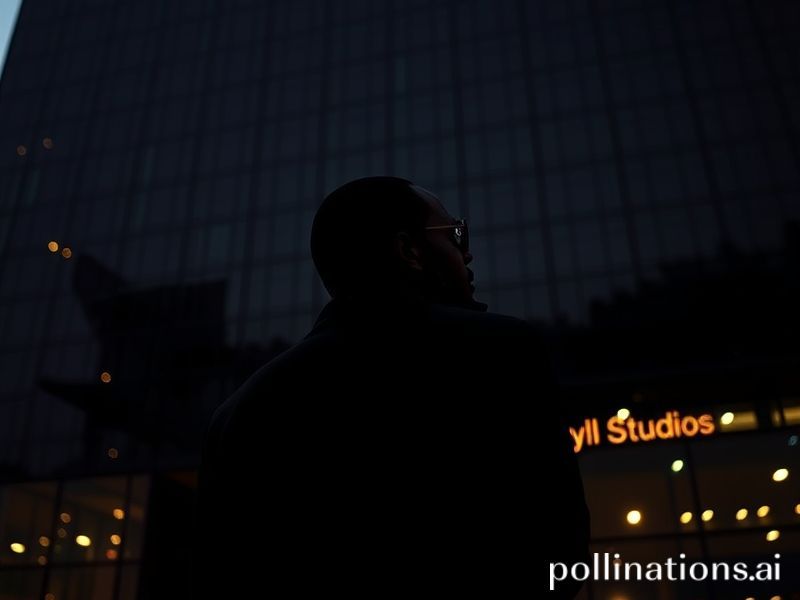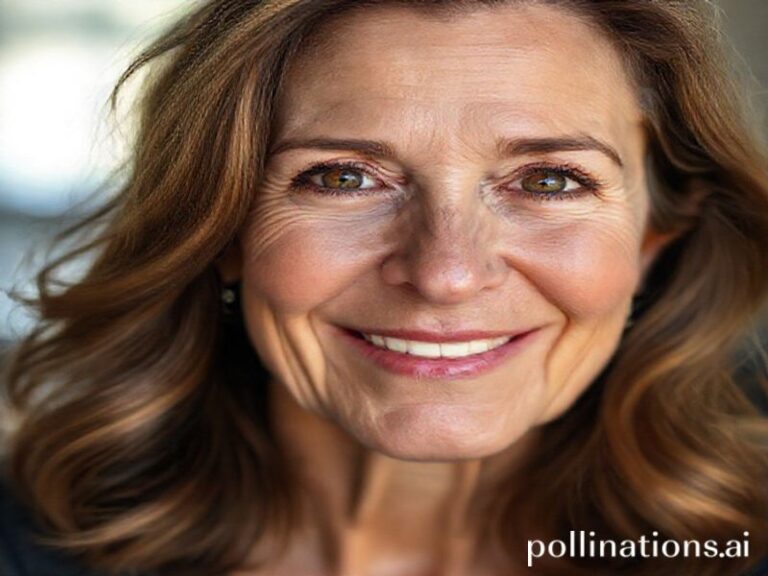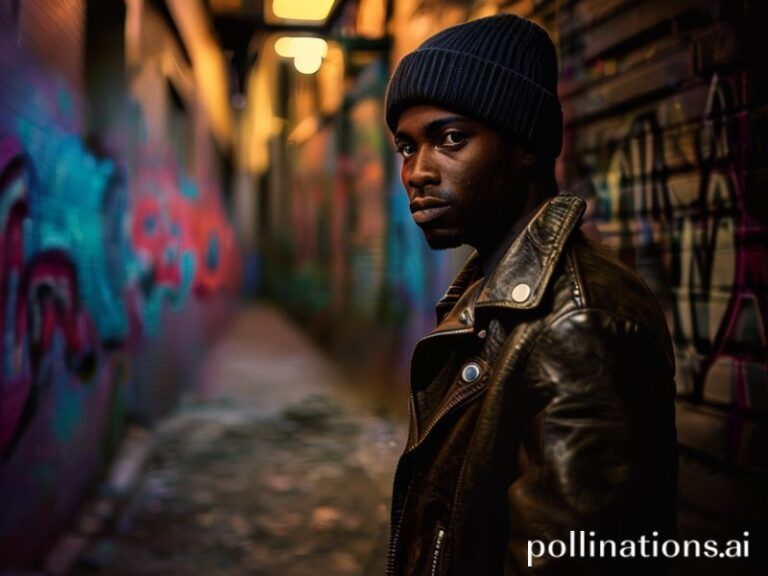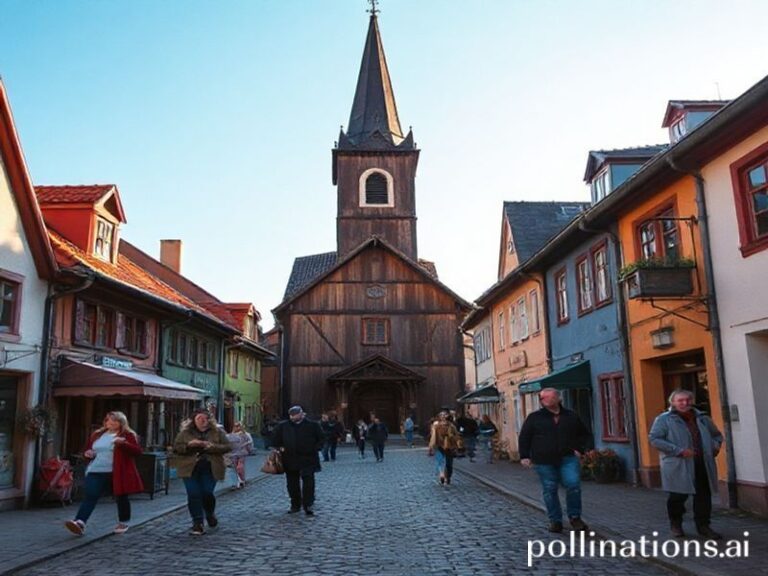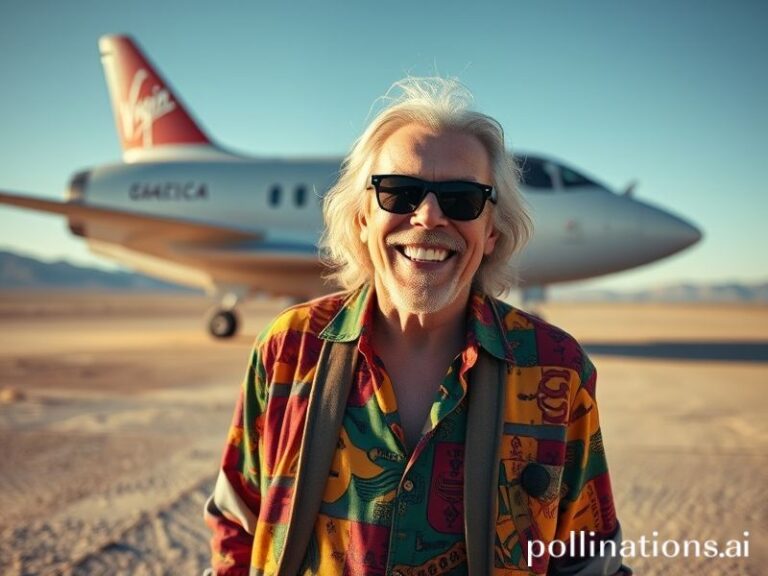From Lagos to London, Tyler Perry’s ‘Beauty in Black’ Sells Diaspora Dreams by the Bottle
PARIS—Somewhere between the Seine and the sixth reboot of the Fast franchise, the planet paused its usual apocalyptic doom-scroll to watch Tyler Perry unveil Beauty in Black, his latest Netflix colossus. The eight-part melodrama drops just as COP28 delegates are still coughing up desert dust, BRICS+ drafts yet another currency plan nobody asked for, and European farmers block highways because apparently diesel now grows on trees. In other words, Perry’s timing is impeccable: if the world insists on collapsing, at least we can watch impossibly attractive people do it in stilettos.
For the uninitiated, Beauty in Black is classic Perry—glamour, generational trauma, and a soundtrack that could make a tax audit feel operatic. This time the canvas is global: Atlanta’s strip clubs share screen time with Lagos bureaux de change, Paris couture houses, and a brief, almost courteous cameo by London’s Grenfell-adjacent real-estate market. Perry’s lens suggests that Black excellence isn’t merely surviving late-stage capitalism; it’s redecorating the penthouse while waterboarding the landlord with champagne. Critics will call it aspirational; cynics will note it’s the exact coping mechanism BlackRock uses when buying single-family homes.
Internationally, the show lands like a spiked piña colada. In Johannesburg, DStv subscribers binge it between bouts of load-shedding; in Seoul, it trends on Naver right under North Korean missile alerts; and in Dubai, the series streams on tablets held by influencers whose personal brand is “authenticity.” The plot—two half-sisters, one born in a mansion, the other in a trap house—echoes a planet cleaving into haves and have-nots faster than you can say “Davos theme party.” If that sounds heavy, relax: Perry sprinkles in enough designer gowns to clothe a small mercenary army and at least three redemption arcs sponsored by Sephora.
The broader significance? Beauty in Black is a Trojan horse made of lace fronts. Beneath the catfights and product placement lurks a meditation on diaspora capitalism: how remittances, crypto scams, and fashion lines launder both money and memory. Perry’s protagonist, Mallory, launches a beauty empire whose cruelty-free slogan curiously omits human cruelty. Meanwhile, her sister, Kimmie, dances in a club called The Embassy—diplomatic immunity sold by the bottle. Somewhere, a Swiss banker updates his PowerPoint: “Cultural soft power, now available in matte finish.”
Western Europe greets the series with the same enthusiasm it reserves for affordable energy—polite applause, then a frantic search for the next source. French critics call it “telenovela meets trauma porn,” which is rich coming from the country that exported both Rimbaud and Peugeot. In Berlin, streaming numbers spike whenever a character threatens to “lawyer up,” a phrase that translates roughly to “I have American healthcare.” And in London, viewers note that Perry’s fictional mayor gentrifies neighborhoods faster than the actual one. Sadiq Khan, presumably, takes notes.
Asia-Pacific reactions vary. In Manila, call-center agents watch on night shift, recognizing the hustle if not the haute couture. Singapore’s sovereign wealth fund reportedly scouts set locations for “future investment opportunities,” because nothing says fiscal prudence like a fictional strip club with marble floors. Meanwhile, in Sydney, the show sparks a fresh round of the perennial debate: is this progress or neoliberal minstrelsy? The answer arrives via sponsored post: a flat-tummy tea endorsed by the actress who plays Kimmie. Capitalism, like herpes, is forever.
Latin America watches with weary familiarity. Brazil’s favelas stream pirated episodes where Perry’s gold-plated trauma looks suspiciously like Tuesday. In Mexico City, telenovela writers file a class-action lawsuit for plagiarism of human suffering, then remember their own ratings and quietly withdraw. Across Bogotá, students dissect the show’s thesis: “Black beauty as commodity” fits neatly atop centuries of extraction economics, now with better lighting.
The takeaway? Beauty in Black is less a TV show than a Rorschach test for a planet auctioning itself in installments. We binge, we meme, we wonder if resistance can be monetized (spoiler: yes, $12.99 a month). Perry, ever the savvy impresario, knows that in 2024 escapism is the final luxury good. And so the curtain falls: the sisters reconcile, the empire expands, and somewhere a glacier commits suicide. Roll credits. Now streaming with subtitles in existential dread.

